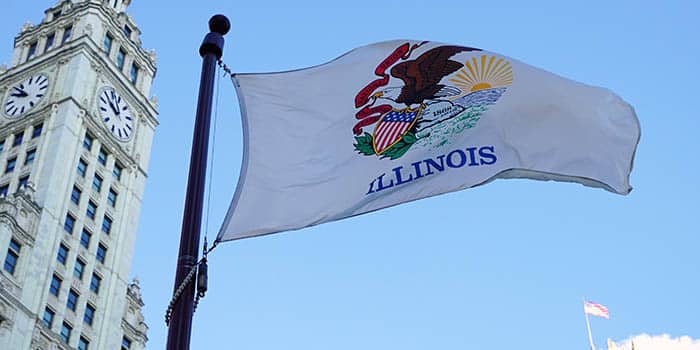- Casino
- By State
- Alabama
- Alaska
- Arizona
- Arkansas
- California
- Colorado
- Connecticut
- Delaware
- Georgia
- Florida
- Hawaii
- Idaho
- Illinois
- Indiana
- Iowa
- Kansas
- Kentucky
- Louisiana
- Maine
- Massachusetts
- Maryland
- Michigan
- Minnesota
- Mississippi
- Missouri
- Montana
- Nebraska
- Nevada
- New Hampshire
- New Jersey
- New Mexico
- New York
- North Carolina
- North Dakota
- Ohio
- Oklahoma
- Oregon
- Pennsylvania
- Rhode Island
- South Carolina
- South Dakota
- Tennessee
- Texas
- Utah
- Vermont
- Virginia
- Washington
- West Virginia
- Wisconsin
- Wyoming
- By State
- Slots
- Poker
- Sports
- Esports
KSA to Reconsider Regulation, Remote Gambling Up for Voting

The Dutch regulator, the Kansspelautoriteit, is planning to planning to gauge the success of its stiff penalties against illegal operators, which the watchdog now estimates to have had little effect. The regulator is now focusing on pushing ahead with the long-mothballed Remote Gambling Bill
Kansspelautoriteit (KSA) Prepares to Debate Remote Gambling Bill
The Remote Gambling Bill has been the most progress the Netherlands has made in regulating the country’s gaming market in the past few years.
However, on a legal level, everyone’s been obsessed with meting out punishments to the so-called “bad actors”, bookmakers and gaming companies which have been offering products to Dutch customers despite the country’s clear opposition to the fact.
Many reputed international brands, including Betsson and William Hill have come under the legal punches of the KSA. The watch dog is now beginning to realize that these measures have had little effect to curb offshore operators determined to continue operating in the country.
https://www.gamblingnews.com/2018/09/betsson-contests-gambling-regulations-in-the-netherlands/
Unlike, Betsson and William Hill, which value their licenses, there are many other companies that are not in immediate threat of legal repercussions.
The Dutch parliament will discuss the Remote Gambling Bill starting on February 5. It’s not going to be just any discussion, with preliminary vote set for February 12, should the legal support be mustered. According to the KSA, there’s nothing stopping the Bill from progressing along.
The Dutch regulator has been busy, setting out goals for 2019, similarly to the United Kingdom Gambling Commission (UKGC), which has also expanded on its plans last year. As a result, the KSA will focus on several main verticals, including:
- Fighting illegal providers
- Uprooting criminal activities that stem from illegal gambling
- Impose operational control on gaming activities
The KSA also admitted that its efforts against “bad actors” have been of little consequence. In most cases, these fines have not been paid, with even the most reputed brands, Betsson and William Hill challenging the issue in court.
https://www.gamblingnews.com/2019/01/the-netherlands-announce-record-e1-7m-in-penalties-for-2018/
In 2018, the watchdog issued $1.9 million in fines, the highest amount to date. Still, the KSA hasn’t come even closer to the penalties meted out by its counterpart in the United Kingdom.
Back in January 2018, the UKGC slapped William Hill with a £6.2 million penalty, citing failure to comply with existing customer protection provisions, as requested by the company’s license.
Loot Boxes on the Agenda
Another area of interest for the watchdog is the use of the so-called loot boxes. Loot boxes are in-game containers that provide digital goods relevant to a specific video game.
However, through their popularity and the “gambling factor” inherent to them, determined by a Random Number Generator which tells the box what items to release, some regulators have been looking closely into the segment.

Belgium has altogether banned them while the UKGC has made a statement that loot boxes are not yet to be mistaken for a form of gambling. One study in Australia even urged the government to act and restrict loot boxes.
The underlying issue is that games are accessible to a young audience, with the fears being that youngsters can eventually slide into addiction.
Related Topics:
Simon is a freelance writer who specializes in gambling news and has been an author in the poker/casino scene for 10+ years. He brings valuable knowledge to the team and a different perspective, especially as a casual casino player.
Must Read
More Articles




